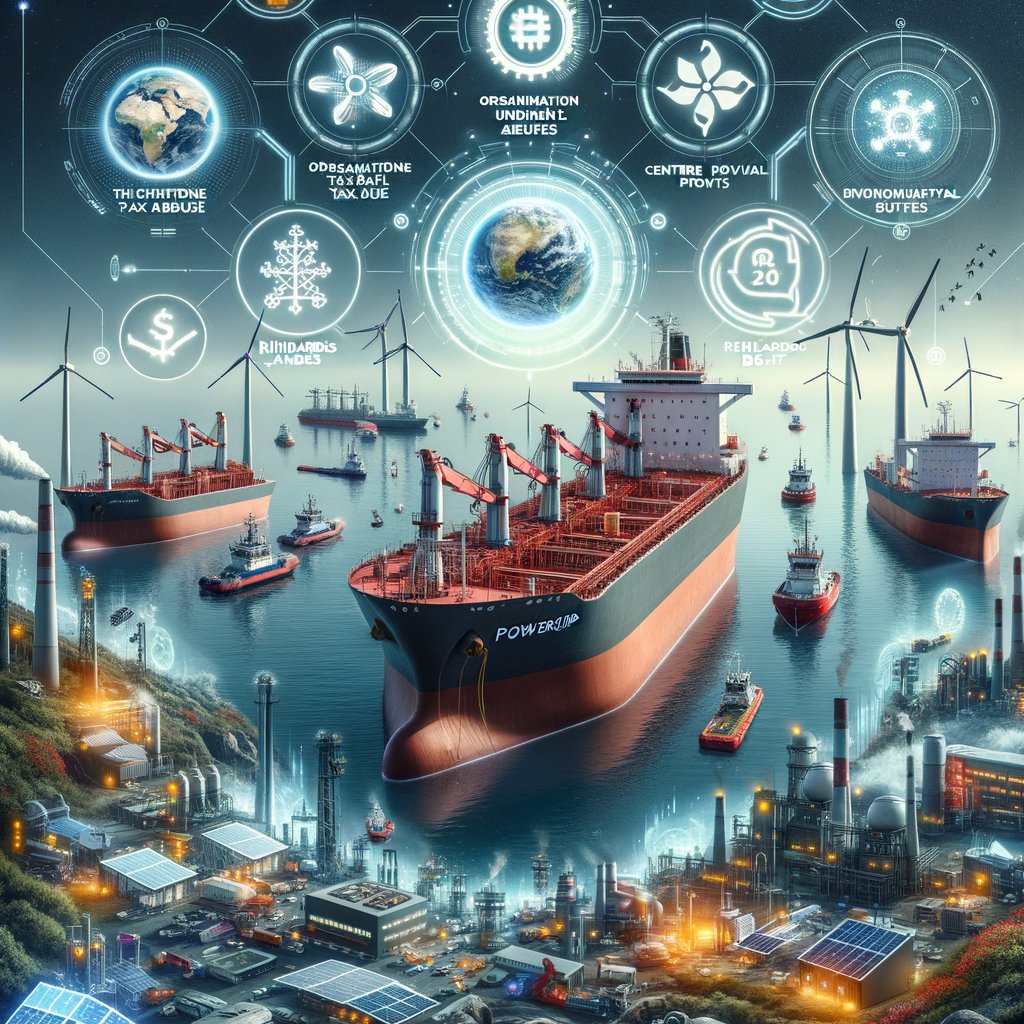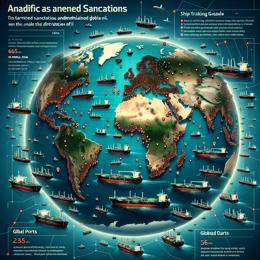Image created by AI
Karpowership Deal Flounders as South Africa Shifts Energy Focus
South Africa's Karpowership saga, which threatened to tie the country into an expensive 20-year contract with Turkish-based Karadeniz Holding, has finally sunk. The deal, would have obliged South African taxpayers to remit up to R10.9-billion annually to Karpowership for 1,220MW of power, now appears to be an ill-planned venture in the backdrop of changing energy scenarios.
Karpowership's proposition involved anchoring their power ships at strategic ports including Gqeberha, Richards Bay, and Saldanha, with an astounding R200-billion price tag over two decades. Although a reduced five-year agreement was subsequently considered, this still represented a hefty R55-billion cost to the nation.
After the Bell: Karpowership deal sinks, but questions float for GNU ministers https://t.co/XFgD3jWcbp
— Daily Maverick (@dailymaverick) October 23, 2024
Public resistance and civil society's robust legal confrontations have played a pivotal role in derailing the deal. Notable organizations such as the Organisation Undoing Tax Abuse, Green Connection, and the Centre for Environmental Rights have tirelessly challenged tender irregularities and potential ecological damage, particularly to the fishing industry. These concerns, coupled with Eskom’s positive blackout-free streak and promises of sustainable solutions by March 2025, have rendered the Karpowership option redundant.
Karpowership's initial pitch centered on the affordability of its gas-generated power juxtaposed with Eskom's rates. However, such claims sit on shaky ground today as renewable energy solutions like solar and wind power now offer more cost-effective and stable electricity options.
Ministers within the Government of National Unity, including Kgosientsho Ramokgopa of Energy and Gwede Mantashe of Minerals and Petroleum Resources, once defenders of the Karpowership initiative, now face scrutiny. The inconsistency of their stance, especially given South Africa's evolving energy landscape and their economic imprudence, warrants explanation.
The nation's tug of war with Karpowership has emblematically demonstrated the complexities of energy procurement and governance. While stakeholders dissect the decisions of the past, the silver lining lies in South Africa's pivot towards embracing renewable energy sources, highlighted by the plummeting costs of solar and wind-generated power.
As the dust settles, unanswered questions linger: What was the true cost of pursuing the Karpowership deal? How profoundly will it impact the continent's pursuit of sustainable and economical energy solutions? One thing is clear—South Africa's Karpowership story serves as a stark reminder of the need for transparent and environmentally conscious energy policy-making, oriented for the long-term health of the nation's economy and natural heritage.










